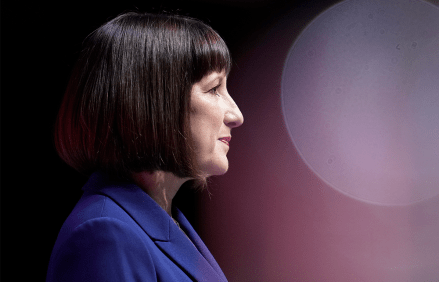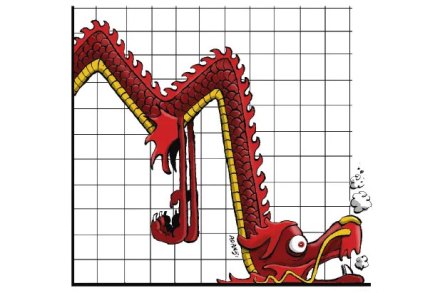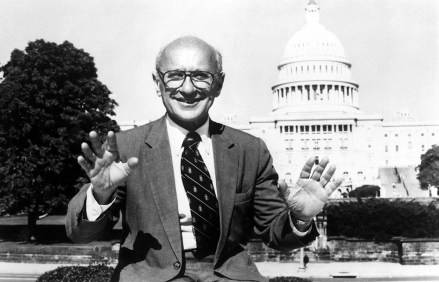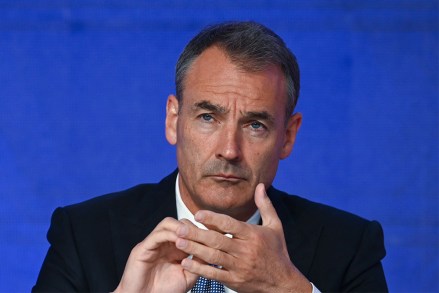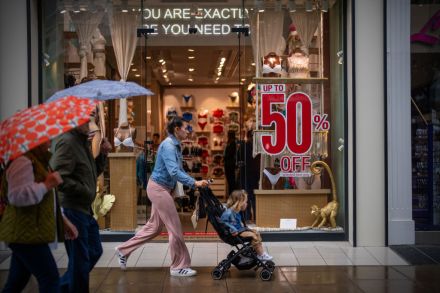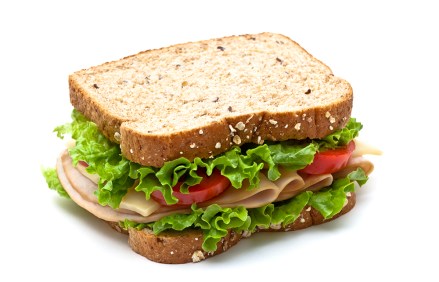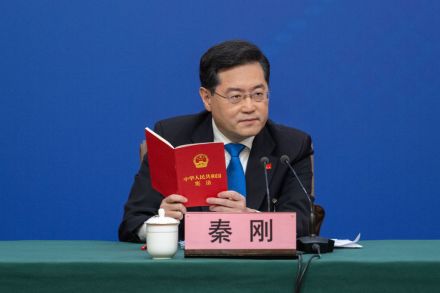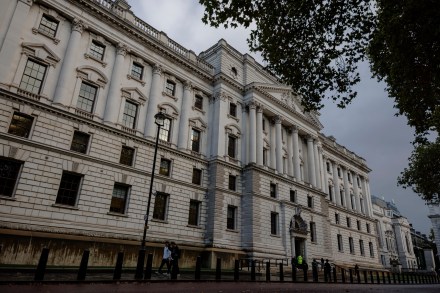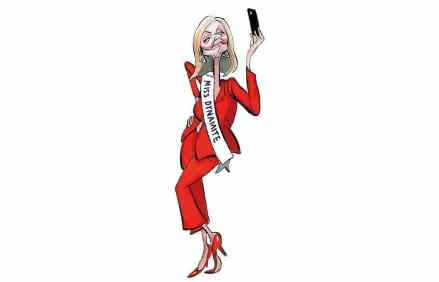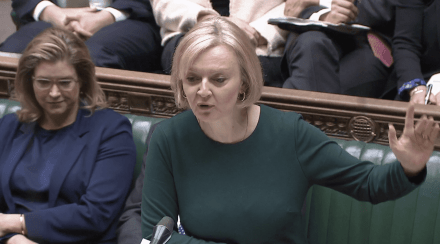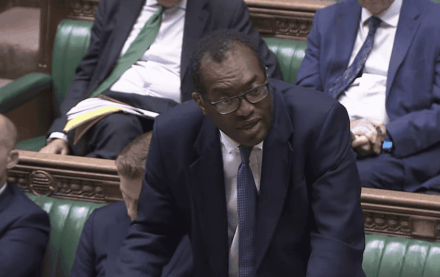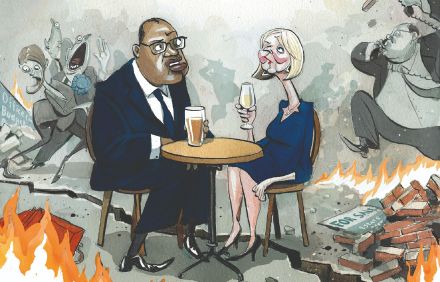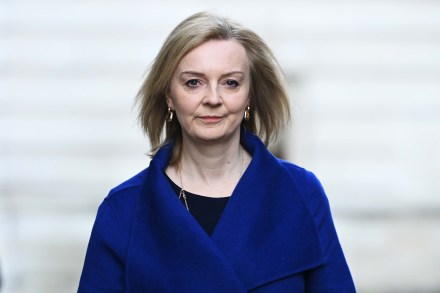What does Rachel Reeves stand for?
As the world discovered when she was caught lifting other people’s work for her book on women in economics, Rachel Reeves is not the most original of thinkers. But she has political talents. She has cultivated her image as an uninspiring technocrat in order to present herself as someone who will not spring surprises or take risks as chancellor. She thinks the state is inefficient and taxes are too high. She believes in ‘securonomics’, which sounds like a pleasing contrast to years of Tory policies. It is easy to preach fiscal discipline, but in office Labour would find it very difficult to contain spending Polls show that voters now think
